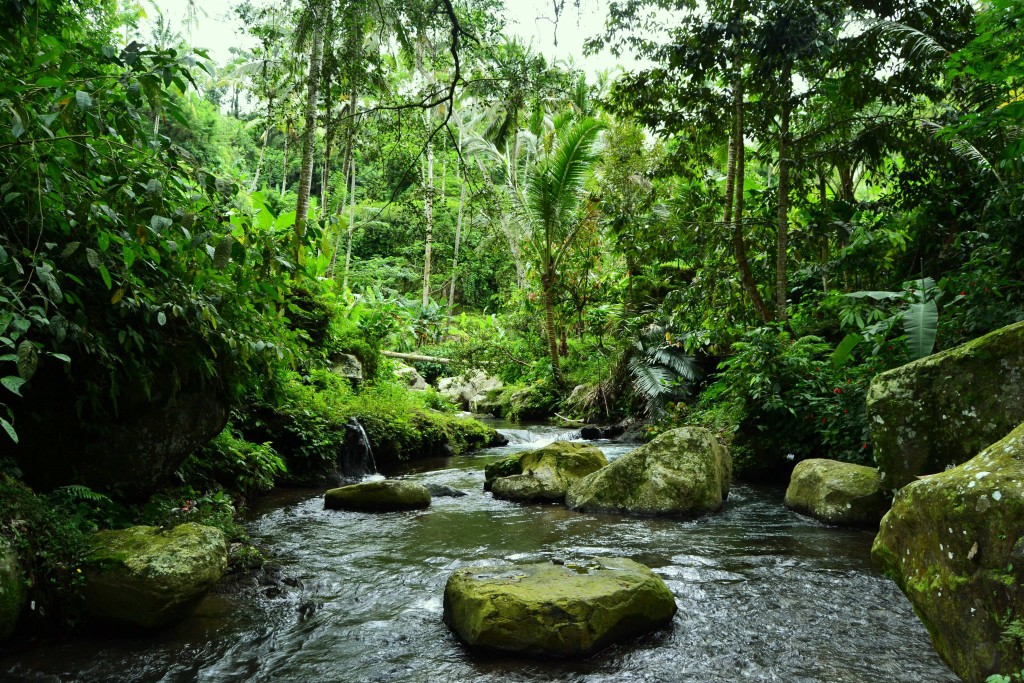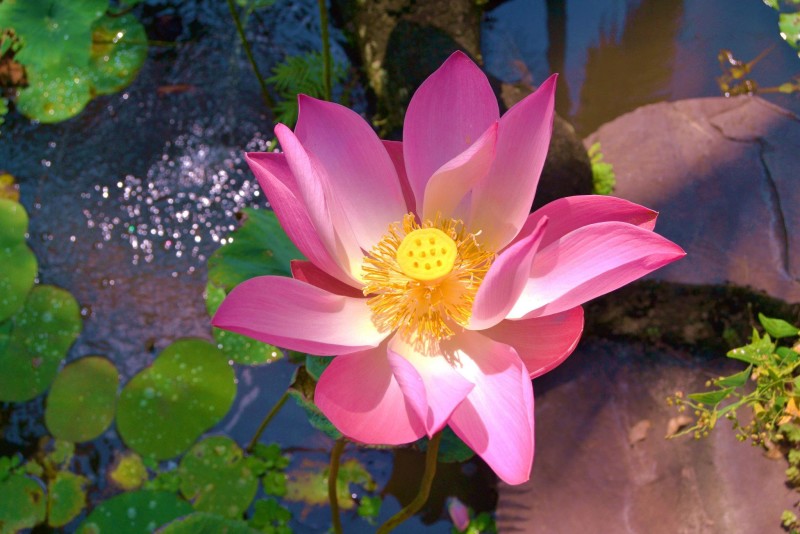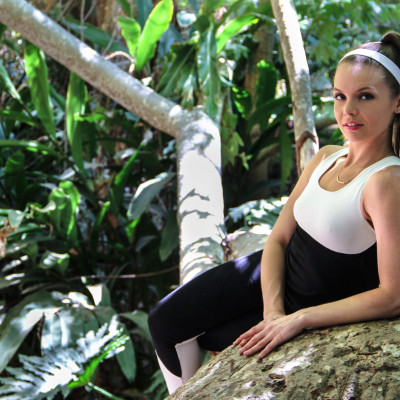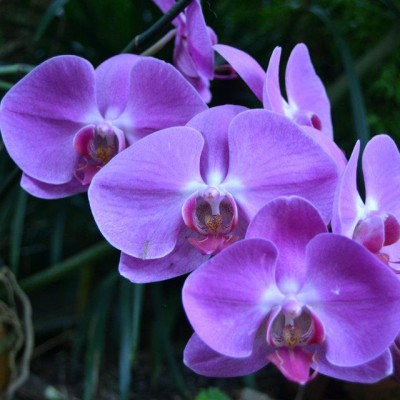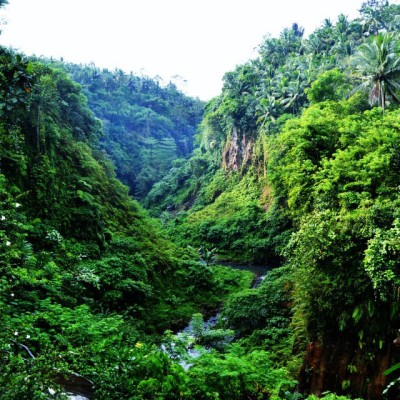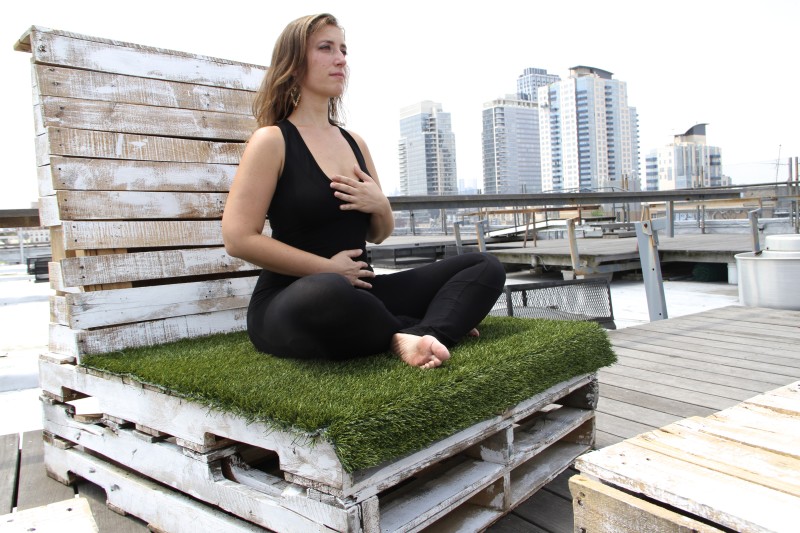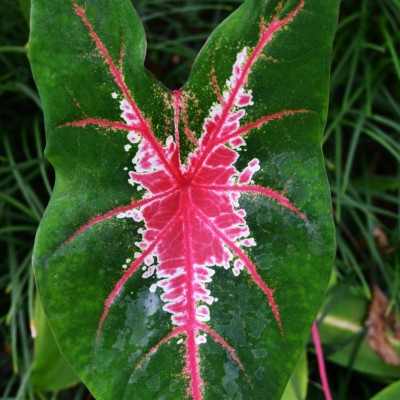Blu Sima clothing line is made of fabrics organic and natural
Blu Sima offers apparel products for sport eco sustainable made with fibers that can be disposed of and do not contain harmful substances, made from cellulose extracted from plants. Hypoallergenic and antimicrobials are designed to inhibit the growth of bacteria and fungi. Starting from organic raw materials and using the best skills of the local workforce, to go back to producing territories with strong manufacturing tradition in Italy.
Bamboo, tencel, modal and organic cotton.
Being a brand ethical and sustainable fashion, means for us to be part of a global movement that believes in change. For Earth and society in general.
Reduce carbon emissions, waste and water usage from the production of fabrics, using organic and recycled paper, are the basis of our production philosophy. In general, the fabrics do not require eco friendly pesticides or chemicals to be cultivated, use less water and energy to be produced and processed.
What happen today:
A survey of Greenpeace in 2014, the clothing is one of the areas most ‘polluting the planet due to the presence of chemicals in production processes. Our project retrieves new fibers born from sustainable management methodologies and the high environmental standards. Rediscovers, redesigns, regenerates, innovative and ecological materials that do not harm the health of the person and the environment. Tencel, modal, bamboo, soy and organic cotton, are completely biodegradable and environmentally friendly. They can be disposed of in landfill, not toxic to humans as pesticides or fertilizers.Bamboo…is it sustainable or not?
Bamboo is one of those fabrics that has us sitting on the fence. As a raw material, bamboo is natures answer to our farming and agricultural problems within the clothing industry. Yet as a bamboo yarn its manufacturing process can be anything but sustainable. Here’s why we love it…and why we don’t.
Why we love bamboo:
Bamboo is one of the fastest growing plants on earth with the potential to reach 250cm a day! Once the bamboo plant reaches maturity, it can be continuously harvested with new shoots appearing after each bamboo cane is cut. The root system of the bamboo plant plays an important role in soil conditions, unlike cotton fields the roots help to retain water and hold the soil together resulting in less water run-off and erosion.
Another reason to love Bamboo is it’s ability to grow densely, producing around 60 tonnes per hectare compared to only 1-2 tonnes per hectare for cotton – meaning there is less pressure on the land as demands for farming space rise.
#Bamboo wins more eco-points as it requires no pesticides or harmful sprays as it is not generally susceptible to pest and diseases – in comparison to conventional cotton which is dripping in 10% of the world’s total pesticides and 25% of the worlds insecticides..eek!
Another win for bamboo over conventional cotton is it’s water demand…bamboo plantations don’t have to be irrigated and rely only on rainfall as opposed to cotton which can require up to 20,000 litres of water per kg of fabric produced.
Our favourite part about bamboo is it’s greenhouse gas fighting abilities. Bamboo plantations absorb around 62 tonnes of carbon dioxide per hectare, compared to the 15 tonnes of an equivalent area of a young forest. Bamboo plantations also generate 35% more oxygen compared to the equivalent area of trees.
As a fabric Bamboo is loved for its silky soft drape and feel. It’s also praised for its ability to draw moisture away from the skin and dries in half the time as cotton.
Our mission is
Our environmental impact goes beyond the traditional approach. To reduce carbon emissions, waste and water usage from the production of fabrics, we use organic and recycled paper. The eco friendly fabrics do not require pesticides or chemicals to be cultivated and require less water and energy to be produced and processed. Create less waste during production and processing. Suffice it to say that the cultivation of cotton normal use 22.5% of all insecticides used globally and 22% water. The bleaching and dyeing create toxins. The use of rayon for clothing contributes to the rapid depletion of forests. Petroleum-based products are harmful for the environment; conventional cotton uses 25% of the world’s pesticides (OTA). To safeguard the health of the individual and the world, we offer solutions textile eco-sustainable and organic. Our mission is..
AWARENESS TO SUSTAINABILITY ‘
FOR A BETTER PLANET
@pic by Simona N

